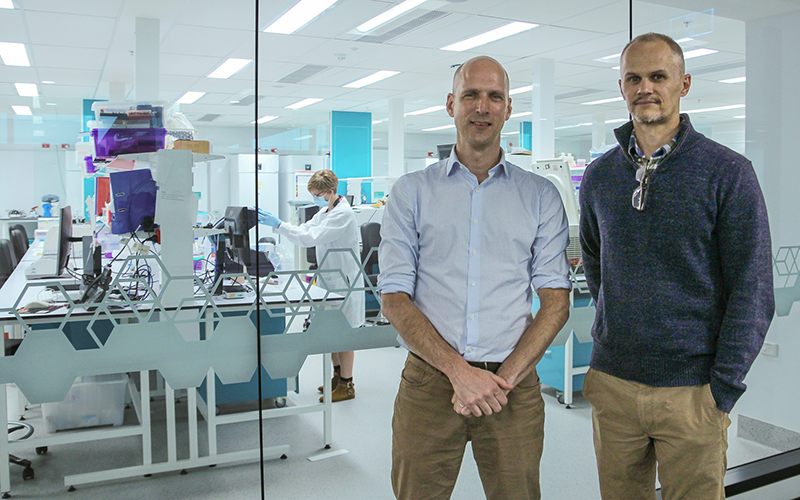Search
Research
Sport in First-episode PsychosisYael Perry BPsych (Hons) MPsych (Clin) PhD Head, Youth Mental Health 08 6319 1298 yael.perry@thekids.org.au Head, Youth Mental Health @yaelperry she/
Research
Mindful Self-Compassion for LGBTQ youth: a multi-site randomized controlled trialAmy Penelope Yael Finlay-Jones Strauss Perry BPsych(Hons), MPsych(Clinical), MHealthEcon, PhD (Clin Psych) BA, MPH, PhD BPsych (Hons) MPsych (Clin)
Research
Penicillin Levels for Rheumatic Heart Disease Study - WA Urban CohortThis is a 6 month cohort study involving participants at Princess Margaret Hospital prescribed BPG for secondary prophylaxis of RHD.
Research
Personalised, machine learning based prediction of asthma in childrenThis study aims to show that asthma and allergies in individuals can be predicted before it occurs based on individual family history and information on the early environment.
Research
Play Active Program – physical activity policy and training for Early Childhood Education and CarePlay Active is a national, low-cost, evidence-based program to boost energetic play in early childhood education and care. It offers free professional development for educators.

With rising levels of physical and mental health issues, ensuring children establish good physical activity behaviours early in life is more important than ever.
Research
Positive End-Expiratory Pressure Levels during Resuscitation of Preterm Infants at Birth: The POLAR TrialInvestigators: Andrew Gill External collaborators: Assoc Prof David Tingay (Murdoch Children's Research Institute) The POLAR trial is an MRFF-funded
Research
Rainbow Knowledge: Broome & KununurraRainbow Knowledge: Broome & Kununurra is a First Nations led research project that aims to explore the perspectives, social emotional wellbeing (SEWB) and mental health experiences of Aboriginal & Torres Strait Islander Lesbian, Gay, Bisexual, Transgender, Queer or Questioning, Asexual (LGBTQA+) or other sexually

Research
Setonix Pharmaceuticals: Enhancing immuno-oncology with small molecule drugsSetonix Pharmaceuticals aim to develop orally available immunotherapy drugs that are optimally effective with minimal side effects, improving outcomes for cancer patients.
Research
Severe adverse events following benzathine penicillin G injection for rheumatic heart disease prophylaxisJonathan Rosemary Carapetis AM Wyber AM MBBS FRACP FAFPHM PhD FAHMS MBChB MPH FRACGP PhD Executive Director; Co-Head, Strep A Translation; Co-Founder
